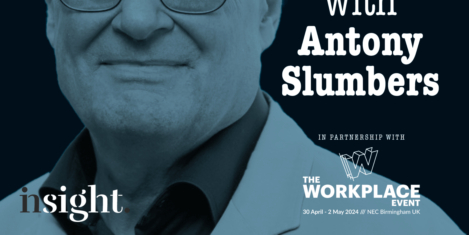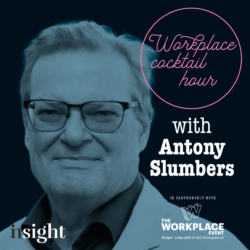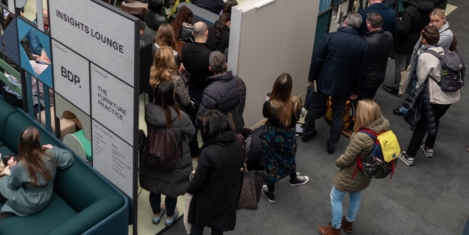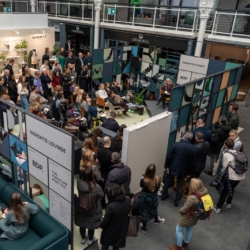To provide the best experiences, we use technologies like cookies to store and/or access device information. Consenting to these technologies will allow us to process data such as browsing behaviour or unique IDs on this site. Not consenting or withdrawing consent, may adversely affect certain features and functions.
The technical storage or access is strictly necessary for the legitimate purpose of enabling the use of a specific service explicitly requested by the subscriber or user, or for the sole purpose of carrying out the transmission of a communication over an electronic communications network.
The technical storage or access is necessary for the legitimate purpose of storing preferences that are not requested by the subscriber or user.
The technical storage or access that is used exclusively for statistical purposes.
The technical storage or access that is used exclusively for anonymous statistical purposes. Without a subpoena, voluntary compliance on the part of your Internet Service Provider, or additional records from a third party, information stored or retrieved for this purpose alone cannot usually be used to identify you.
The technical storage or access is required to create user profiles to send advertising, or to track the user on a website or across several websites for similar marketing purposes.
 Helsinki City Council has voted to provide a donation of 60 million euros to the foundation responsible for establishing the new national museum of architecture and design. The Finnish state will match this funding, with an additional 30 million euros to be raised from private donations. With these commitments in place, an international design competition for the new museum building will be launched in April. The new museum will sit at the heart of a new pedestrian-friendly district in Helsinki’s South Harbour. (more…)
Helsinki City Council has voted to provide a donation of 60 million euros to the foundation responsible for establishing the new national museum of architecture and design. The Finnish state will match this funding, with an additional 30 million euros to be raised from private donations. With these commitments in place, an international design competition for the new museum building will be launched in April. The new museum will sit at the heart of a new pedestrian-friendly district in Helsinki’s South Harbour. (more…)














 We know, and have for a long time, that the workplace is in a state of near constant flux. The meteor strike of lockdown was an accelerant, not a deviation. It also laid bare -yet again – the faulty assumption that there is some sort of general evolution towards an idealised version of the office or conversely the universal adoption of remote or hybrid working, whatever it is. That is why we see so many people routinely willing to suspend their critical facilities to make extravagant and even absurd predictions about the office of the future or even the death of the office.
We know, and have for a long time, that the workplace is in a state of near constant flux. The meteor strike of lockdown was an accelerant, not a deviation. It also laid bare -yet again – the faulty assumption that there is some sort of general evolution towards an idealised version of the office or conversely the universal adoption of remote or hybrid working, whatever it is. That is why we see so many people routinely willing to suspend their critical facilities to make extravagant and even absurd predictions about the office of the future or even the death of the office.




 While millions of words have been dedicated to the expected changes in post-Covid workstyles – how will people work, where will they work, how will they be supported – very little has been said about their employers: companies and corporations. Yet the anticipated changes to work and the workplace raise questions about the role of the company. Is it one just half of a transaction between employer and employee? Or is it something more? Indeed, what is the role of the company in the modern economy? Is the nature of the company likely to change? The answers could have a greater impact on workstyles than the pandemic.
While millions of words have been dedicated to the expected changes in post-Covid workstyles – how will people work, where will they work, how will they be supported – very little has been said about their employers: companies and corporations. Yet the anticipated changes to work and the workplace raise questions about the role of the company. Is it one just half of a transaction between employer and employee? Or is it something more? Indeed, what is the role of the company in the modern economy? Is the nature of the company likely to change? The answers could have a greater impact on workstyles than the pandemic. 












January 22, 2024
London’s office market is reshaping the city and the way people experience the workplace
by Sam Mardon • Comment, Property